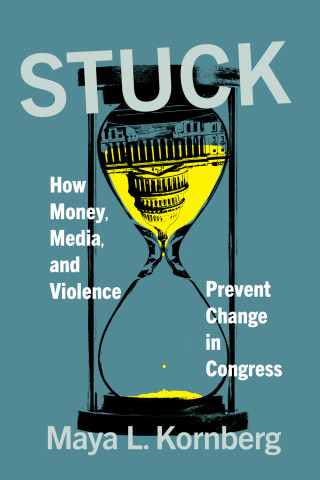
Reviews
The book is solid in scholarship, methodology, and organization.
Successfully traces the interaction between domestic and international actors during regime transitions in a wide range of cases from the 1970s to the 2000s. Each chapter provides a font of primary research very rarely found in edited volumes of this sort. In particular, this book offers a unique source of detail on U.S. foreign policy towards a wide range of countries at various points over the last thirty years. Nowhere is so much detail on so many cases available in a single book.
Book Details
Introduction
Chapter 1. Transitional Successes and Failures: The International-
Domestic Nexus
Part I: Successful Transition Cases
Chapter 2. The Soviet Union and Russia: The Collapse of 1991 and the
Introduction
Chapter 1. Transitional Successes and Failures: The International-
Domestic Nexus
Part I: Successful Transition Cases
Chapter 2. The Soviet Union and Russia: The Collapse of 1991 and the Initial Transition to Democracy in 1993
Chapter 3. Poland: International Pressure for a Negotiated Transition, 1981–1989
Chapter 4. Serbia: Evaluating the Bulldozer Revolution
Chapter 5. Ukraine: External Actors and the Orange Revolution
Chapter 6. Indonesia: Economic Crisis, Foreign Pressure, and Regime Change
Chapter 7. South Africa: Enabling Liberation
Chapter 8. Chile: Coordinating a Successful Democratic Transition
Part II: Incremental Transition Cases
Chapter 9. Ghana: Democratic Transition, Presidential Power, and the World Bank
Chapter 10. Mexico: International Influences but "Made in Mexico"
Chapter 11. South Korea: The Puzzle of Two Transitions
Chapter 12. Turkey: The Counterintuitive Transition of 1983
Part III: Failed Transition Cases
Chapter 13. Algeria: An Aborted Transition
Chapter 14. Iran: The Genealogy of a Failed Transition
Chapter 15. China: The Doomed Transitional Moment of 1989
Chapter 16. Azerbaijan: Losing the Transitional Moment
List of Contributors
Index






